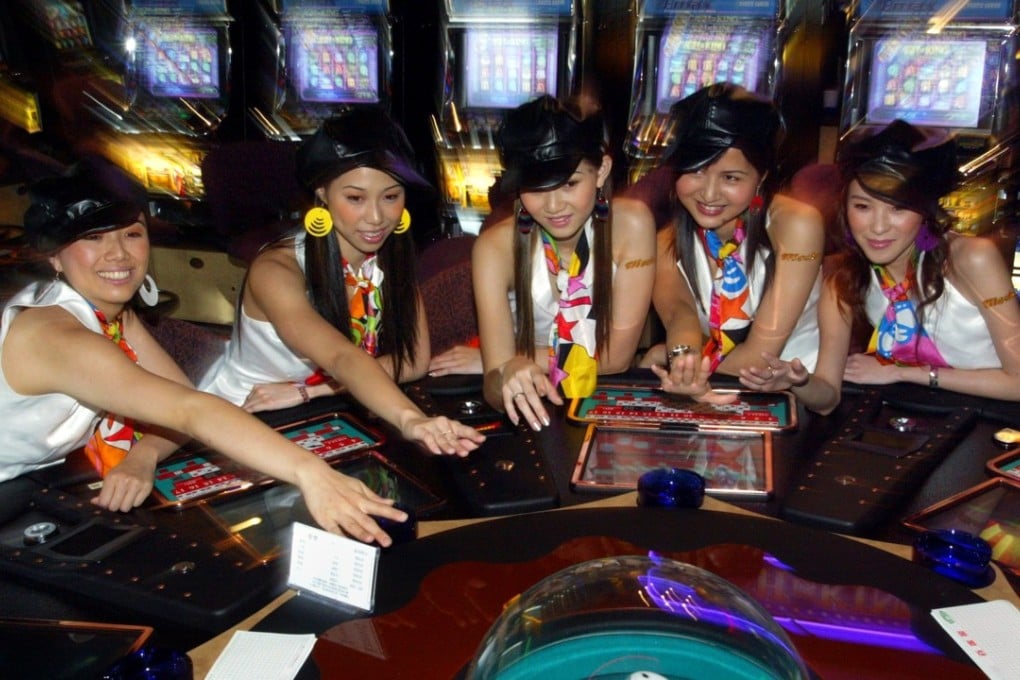Mind the Gap | Here’s why Hong Kong’s new start-up board is like a casino in the Wild East

The decision by the HKEX to hold a reform consultation at the height of the worst stock market regulation crisis in Hong Kong since the exchange was suspended during the 1987 crash may be remembered as an act of spectacular folly.
A mysterious stock price crash last Tuesday and Wednesday erased US$6 billion in capitalisation with the hardest hit stock down 94 per cent. A total of 13 stocks closed at least 50 per cent lower on Tuesday with that amount of value lost in less than an hour. The collapse happened so fast that Muddy Waters research didn’t even have time to issue a damning research report and file its short position.
The Securities andFutures Commission (SFC) said the stocks involved were all characterised by “thin turnover, small public floats, high shareholding concentrations, and multiple relationships between different companies and brokerage firms”. However, many of the tech and new economy listings HKEX is trying to attract feature all of these challenging issues.
Twelve of the 13 companies were highlighted in May by independent Hong Kong analyst and shareholder activist David Webb, who identified them as part of a 50 stock “Enigma” web of companies that maintained cross holdings among each other.
The falls come just after HKEX proposed changes to the city’s small-cap Growth Enterprise Market (GEM) to combat “shell farming”, where companies are listed with the expectation they will eventually be taken over and become a vehicle for another company to reverse assets into. This avoids the scrutiny of formally applying for a listing.
This wave of speculation once again highlights the regulatory shortcomings and lack of coordination between the SFC and HKEX.
The challenge is made more hazardous in that both of them regulate a developed market that is dominated by cash rich, emerging mainland Chinese companies and their financial advisrs, some of whom brazenly pervert the legal concept of stock into ammunition for “pumping and dumping” shells.
